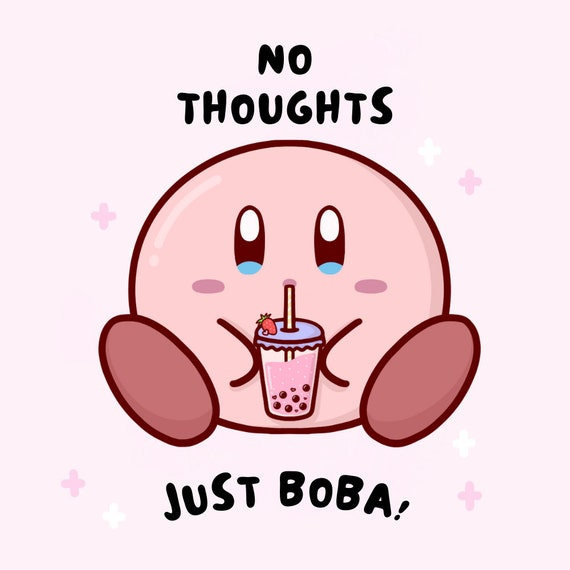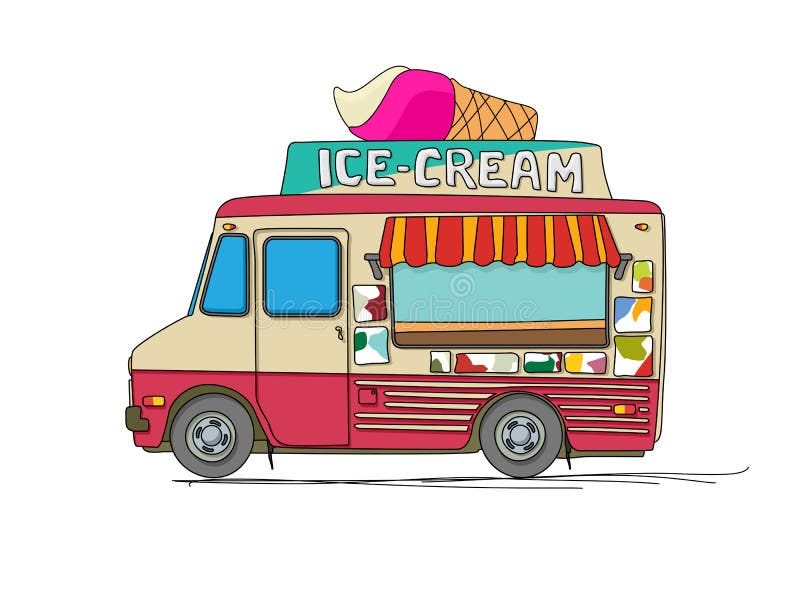Anatomy of a Rip-Off
Recently, while touring DC with my wife and younger kids, I saw a snack truck. True to form, I exclaimed:
“Who wants ice cream?!”
While my kids perused the pictures on the truck, I noticed the curious absence of any posted prices.
A bad sign. If your prices are low, you let the world know, because otherwise people will assume they’re higher than low. If your prices are medium, you let the world know, because otherwise people will assume they’re higher than medium. If your prices are high, you let the world know, because otherwise people will assume they’re higher than high.
Or maybe… the food truck manager just wanted customers to focus on their cornucopian menu of treats?
My kids, being part of this strange 21st century, finished examining the pictures on the truck, then declared, “Ice cream? No. We’d rather have boba.”
As we placed our orders for two bobas and an ice cream, I failed to ask about the prices. How bad could the bill really be? Once all the products were in our hands, I found out.
“$34.”
"$34?!”
“$34.”
I scowled and silently screamed, “What a rip-off!”
At what price would I have refused to pay? $50? $70? While the cutoff is unclear, $34 wasn’t enough. I glumly handed over my credit card, and got even glummer when we discovered that the flavor was mediocre, too. My ice cream was none too sweet, and according to my son and daughter, the bobas tasted “funny.”
Still, the experience got me thinking. Most people would blame the free market for the bad result. I, in contrast, blame myself.
The absence of posted prices was a red flag. Since there were other trucks in sight, I probably should have just walked on by. But if I didn’t, I definitely should have inquired about the prices before ordering. For all their wonder, free markets aren’t wonderful enough to protect people from lack of common sense. If consumers place orders without checking prices, then cough up whatever vendors ask after the fact, the outcome will be poor.
Unless reputation matters, which it almost always does. When I order a Coke in a restaurant without checking the price, they never charge me $10. So what went wrong in DC? My best story is that this food truck consciously targets not just tourists, but distracted tourists. Locals who pay $34 for two bobas and an ice cream will likely never go back. Tourists who are paying attention will snub the truck with no posted prices. So what customers are left? People with their common sense dial turned to “off.”
Economists routinely lament the “market failure” of “imperfect information.” Yet in real life, this problem is easy to defuse with common sense. The market failures we hastily blame on “imperfect information” usually reflect a much deeper problem: lack of common sense, technically called “irrationality.” The markets for astrology and homeopathy don’t survive because the jury is still out on astrology and homeopathy. These markets survive because some people just won’t listen to reason. Yes, I’m the guy who paid $34 for two bobas and an ice cream, but at least I’ll never do so again.




Wait til your kids hear about the doctor! :)
https://www.youtube.com/watch?v=-gKuQ6aT6lg
Peter Griffin (food truck): "Yes Sir everything is expensive because you're paying for it on an iPad. Now if you'll just select a gratuity options are 60%, 90%, and 200%."
This isn't just a food truck thing. Try booking a hotel and deal with the "resort fees". Or airlines jacking on hidden fees.
At a certain point, how much can you blame yourself as a consumer. You have limited time and attention. Can you really compete with a spreadsheet jockey whose one job is to find ways to manipulate you? One day AI's job will be to manipulate you.
At the end of the day, people want your money. Making your fulfilled is one way to do it, but not the only way. Capitalism (and not capitalism) is easier when people have a baseline of human decency.
Transactional relationships aren't enough.